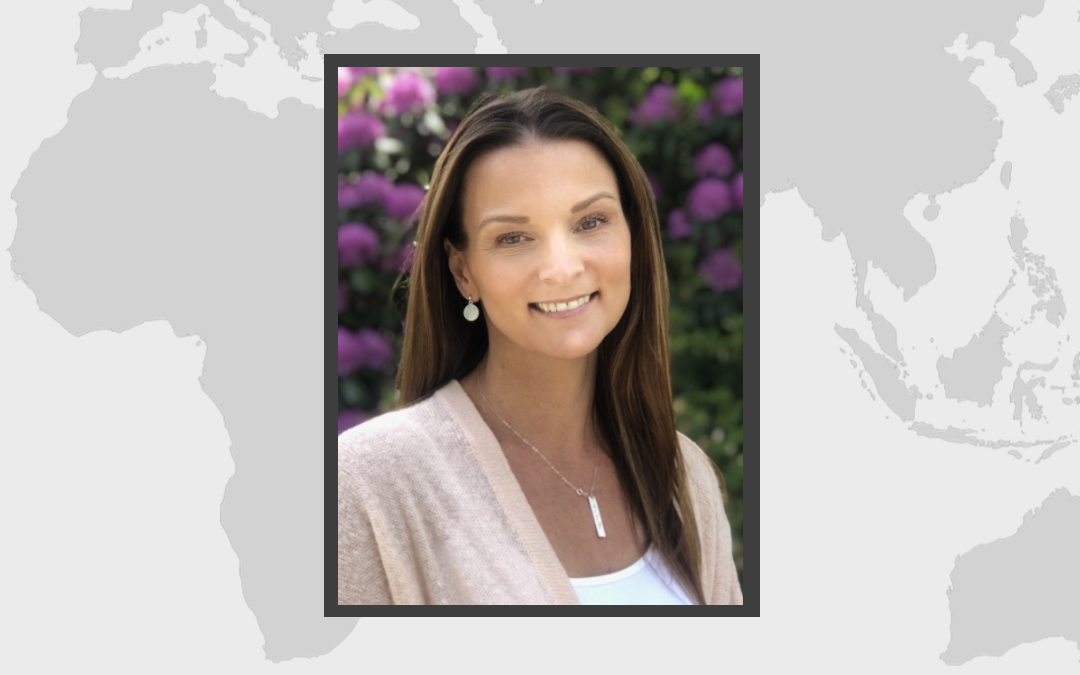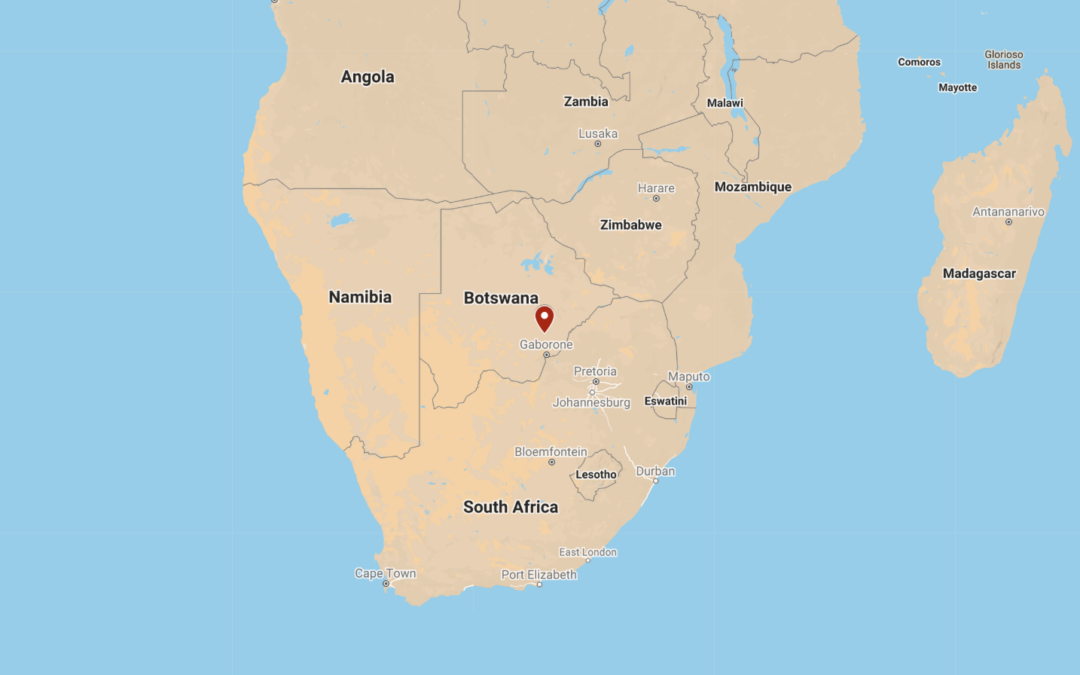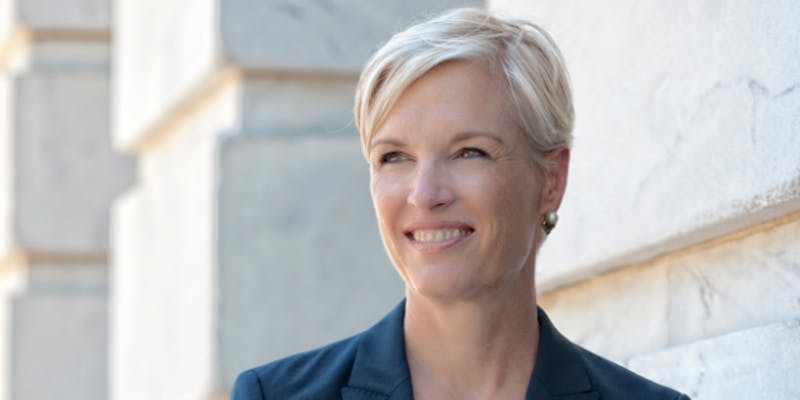Funded by Global Health Seed Grants, five faculty-led efforts will address disparities in cardiovascular health, tuberculosis, impacts of climate change on noncommunicable diseases, vaccination coverage, and cervical cancer.


Funded by Global Health Seed Grants, five faculty-led efforts will address disparities in cardiovascular health, tuberculosis, impacts of climate change on noncommunicable diseases, vaccination coverage, and cervical cancer.

Tara M. Friebel researches the prevention and early detection of women’s cancers in sub-Saharan Africa, focusing on implementation science. She will be an assistant research professor of global health at the institute.

The principal faculty of Rutgers Global Health Institute are innovators. They’re confronting diverse global health challenges – the critical issues that affect everyone, and the complex problems that are especially detrimental to the most vulnerable among us.

Funded by Global Health Seed Grants, five faculty-led efforts will address disparities related to adolescent pregnancy and sexual health information, immigrant health care access, tuberculosis disease prevention, health communication training, and dementia among indigenous older adults.

During this week’s U.S.-Africa Leaders Summit, the White House’s Cancer Moonshot program highlighted several initiatives to drastically improve cancer outcomes in Africa. Two Botswana-Rutgers Partnership for Health efforts were featured.

When it comes to global health, there is no off season. This summer, Rutgers faculty, students, and staff have been involved in diverse projects that address health inequities, both in the U.S. and internationally.

Funded by Global Health Seed Grants, five faculty-led efforts will address disparities related to postpartum mental health, diseases of poverty, child feeding in farming communities, racial stigma in hospital care, and intimate partner violence.

Rutgers students are working to address health disparities and infant mortality, to understand why Black and Hispanic women are hesitant to get vaccines, and on other projects that benefit society as part of a new initiative.

Breast cancer is a leading cause of cancer-related deaths in Botswana, and there is a dire need to improve timely access to care. Through research and training, the Botswana-Rutgers Partnership for Health is working to identify and address crucial deficiencies in information and support.

In advance of the 2018 Anita Ashok Datar Lecture on Women’s Global Health featuring Planned Parenthood Federation of America past president Cecile Richards, Rutgers Institute for Women’s Leadership interim director Lisa Hetfield talks about the links among women’s health, family health, and global health, as well as the roles of passion and ambition in creating a more just world.